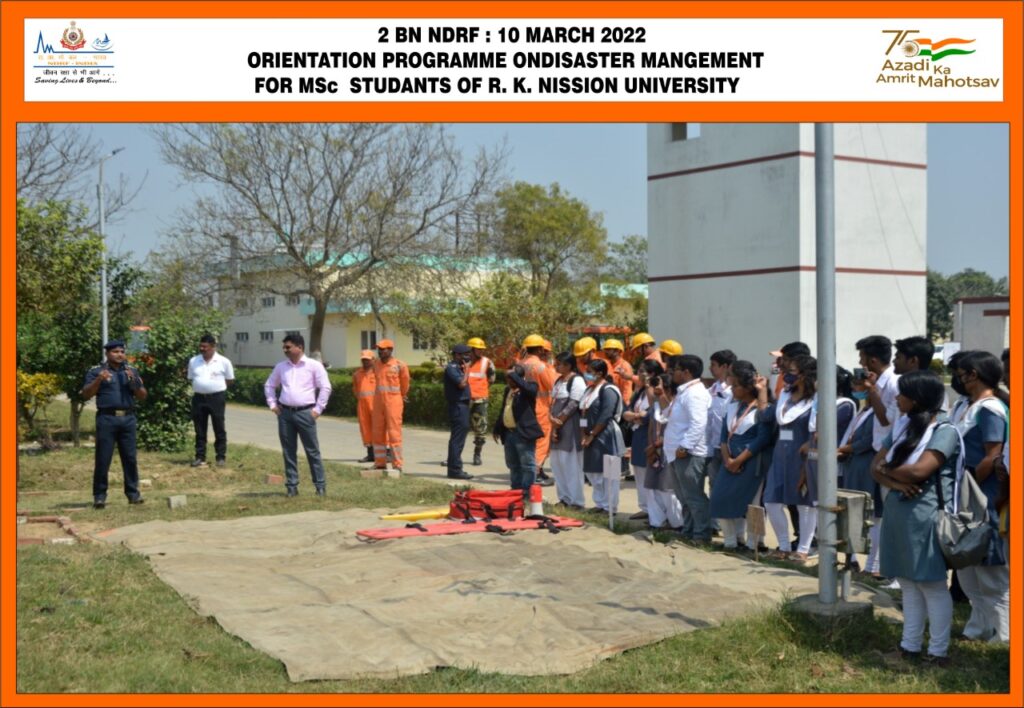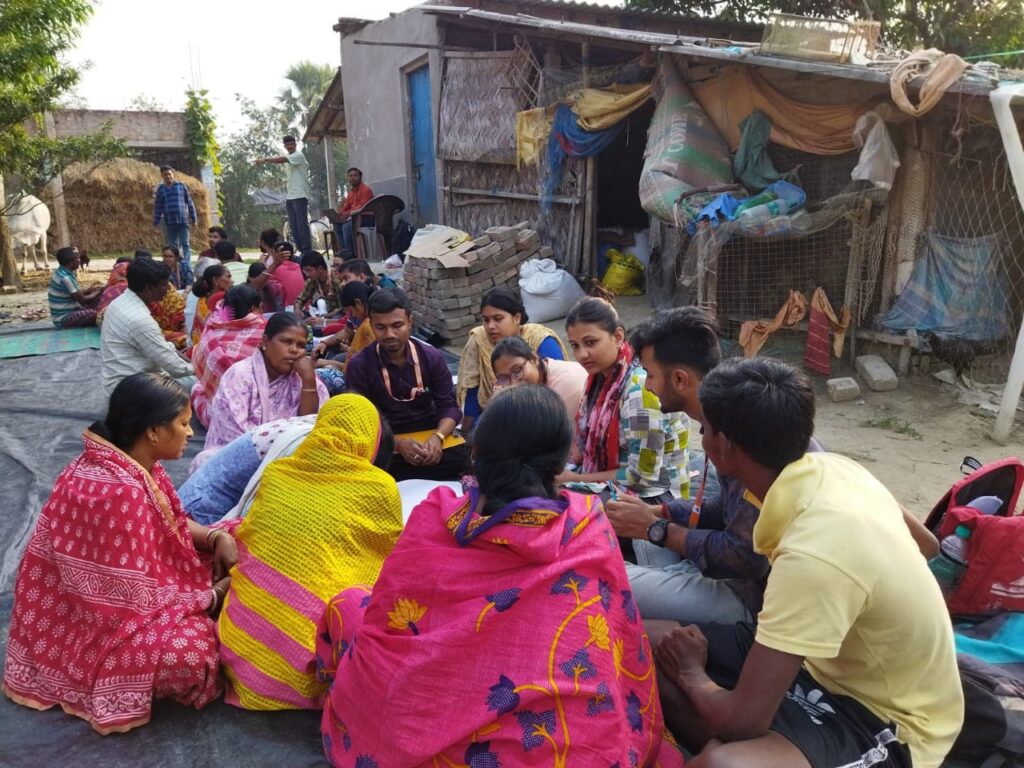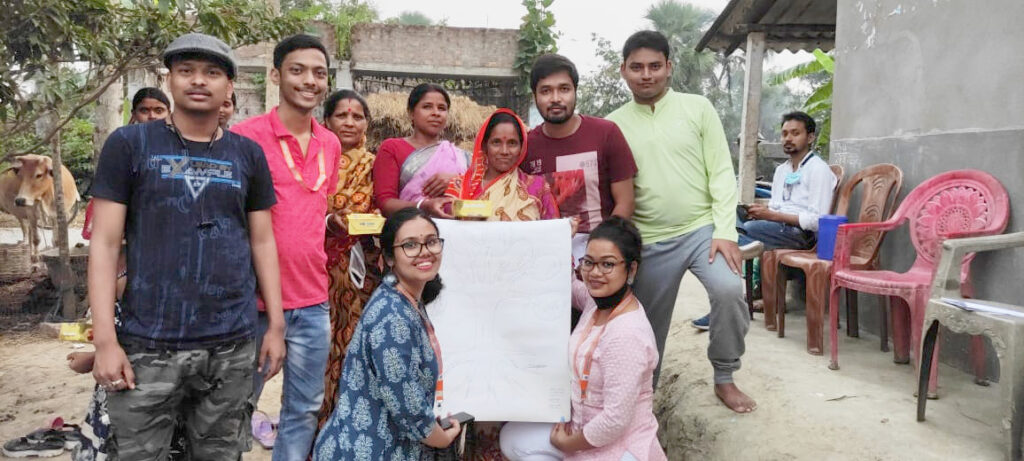The School of Environment and Disaster Management (EDM) has been set up at the premises of the RKMVERI Narendrapur Camps in 2018 to conduct education and research programmes on various aspects of environment and disaster management, drawing from the infrastructure and multi-disciplinary team of professionals of the RKMVERI, and the rich experiences of the Ramakrishna Mission on humanitarian services for the people affected by natural calamities and human induced disasters.
MSc in Environment and Disaster Management
The School has started with a composite MSc programme on Environment and Disaster Management, which is unique of its kind in the country. The programme has been designed to orient the students with the latest advances in environmental sciences and disaster management with a strong focus on hands on exercises and field visits for practicing the knowledge imparted through theoretical lessons. The detailed syllabus of the MSc programme is provided in the brochure of the course.

PhD Programme
The School has also started a PhD programme on EDM and a number of scholars have passed out researching on many complex and intricate issues of environment and risk management.
Focus and Priorities
The School of Environment and Disaster Management (EDM) puts special emphasis on the study of environmental systems in totality, including the atmospheric and ecological systems, climate change, sustainable development, environmental pollution, water quality management and waste water treatment, pollution and solid waste management, environmental health and safety management, environmental biotechnology and bioremediations, environmental toxicology, and disaster risk management across the cycles of risk prevention, risk mitigation, risk transfer and disaster preparedness, disaster response, relief, reconstruction and recovery.
In its formative phase, EDM is focused with the following priorities:
- Strengthen R&D and academic activities on the micro and macro perspectives of environmental variability and climate change impacts;
- Generate baseline data and specially build database for effective dissemination of information on environmental vulnerability and disaster risk mitigation;
- Build up a mechanism for sustainability of the EDM activity and conduct programme specific priority research projects to generate constant pool of infrastructure and logistics;
- Engage with the society and participate in extension activity through social partners to promote and disseminate practical guidance on EDM at the grassroots.
- Contribute effectively towards capacity building programmes and resource generation as well as engage in national and international collaborations with a view to greater visibility of the initiatives.

Current R&D Activities
- Climate change and human vulnerability, with reference to select districts of rural Bengal;
- Climate analysis and associated geo-spatial mapping of regions of states of India, with special reference to human heat stress and strain indicators;
- Situational analysis of rural farming methods and practices in small and marginal farm holdings;
National and International collaboration
- RKMVERI as a partner institute of European Commission ERUSMUS project, jointly with 14 universities from Europe and Central Asia; A programme is to be carried out at RKMVERI on Environmental Health.
- Department of Science & Technology (DST) funded research programme on climate change;
- Collaboration with the Indian Institute of Technology, Centre for Atmospheric Sciences, New Delhi, in a nation-wide network programme on climate impacts (DST funded project).
Future Plans
- The School would host the upcoming inter-disciplinary Centre on One Earth and One Health
- The School intends to start separate MSc programmes on Environmental Sciences and Disaster Risk Management
- The School intends to start a Special Centre for Humanitarian Studies which would be the first of its kind in the country.
- The School would network with all the leading environmental and disaster management educational and research institute in the country and the region.


